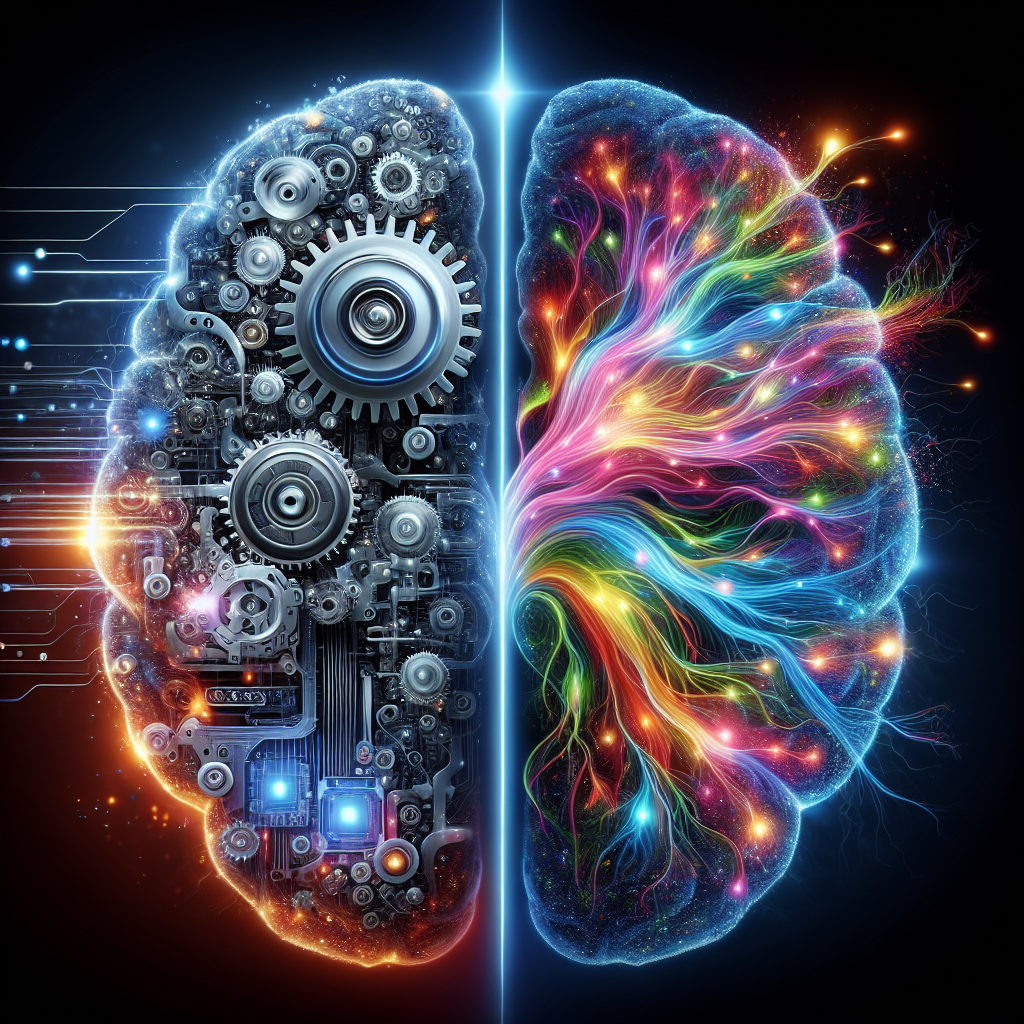Artificial General Intelligence (AGI) is a concept that has fascinated scientists, engineers, and philosophers for decades. The idea of creating a machine that can think and reason like a human being has captured the imagination of many, and has sparked debates about the nature of intelligence and consciousness. But can machines really think like us? In this article, we will explore the differences and similarities between AGI and human intelligence, and examine the challenges and possibilities of creating machines that can truly think like us.
What is AGI?
Artificial General Intelligence, or AGI, refers to a type of artificial intelligence that possesses the ability to learn, reason, and problem-solve in a way that is similar to human intelligence. Unlike narrow AI systems, which are designed for specific tasks such as image recognition or natural language processing, AGI is meant to be a more general-purpose intelligence that can adapt and learn in a wide range of situations.
The goal of AGI research is to create machines that can understand and interact with the world in a human-like way, and to ultimately achieve human-level intelligence. This would involve not just performing specific tasks, but also having the ability to learn new tasks, reason about complex problems, and exhibit creativity and consciousness.
Can Machines Think Like Us?
The question of whether machines can think like us is a complex one, and it depends on how we define “thinking” and “intelligence.” In many ways, machines already surpass humans in certain areas of intelligence. For example, AI systems can process vast amounts of data at incredible speeds, and can perform complex calculations and analyses that would be impossible for a human to do. However, these systems lack the ability to truly understand the meaning and context of the information they are processing, and they cannot exhibit the kind of creativity, intuition, and emotional intelligence that humans possess.
One of the key challenges in creating AGI is replicating the kind of flexible, adaptable intelligence that humans have. Human intelligence is not just about processing information or solving problems; it is also about having a sense of self, emotions, motivations, and desires. These aspects of intelligence are still poorly understood, and it is not clear whether they can be replicated in a machine.
Another challenge in creating AGI is the issue of consciousness. While machines can be programmed to simulate intelligent behavior, it is not clear whether they can truly be conscious in the way that humans are. Consciousness is a deeply mysterious and complex phenomenon, and it is still not well understood how it arises in the human brain. Without a clear understanding of consciousness, it is difficult to say whether machines can truly think like us.
FAQs
Q: Can machines ever achieve human-level intelligence?
A: It is possible that machines could eventually achieve human-level intelligence, but it is still a long way off. Researchers are making progress in developing more advanced AI systems, but there are still many challenges to overcome before we can create machines that can truly think like us.
Q: What are some of the ethical implications of creating AGI?
A: The development of AGI raises a number of ethical questions, such as concerns about job displacement, privacy, security, and the potential for misuse of AI systems. It is important for researchers and policymakers to consider these issues and develop appropriate safeguards to ensure that AGI is used responsibly.
Q: Will AGI be a threat to humanity?
A: There is some concern among researchers and experts that AGI could pose a threat to humanity if it is not developed and used responsibly. For example, there is the potential for AI systems to be used for malicious purposes, or to inadvertently cause harm if they are not properly controlled. It is important for developers to consider these risks and take steps to mitigate them.
In conclusion, the question of whether machines can think like us is a complex one, and it is still a topic of debate among researchers and experts. While machines have made significant progress in the field of artificial intelligence, there are still many challenges to overcome before we can create machines that possess the kind of flexible, adaptable intelligence that humans have. The development of AGI raises important ethical and philosophical questions that will need to be addressed as we continue to explore the possibilities of creating machines that can truly think like us.

